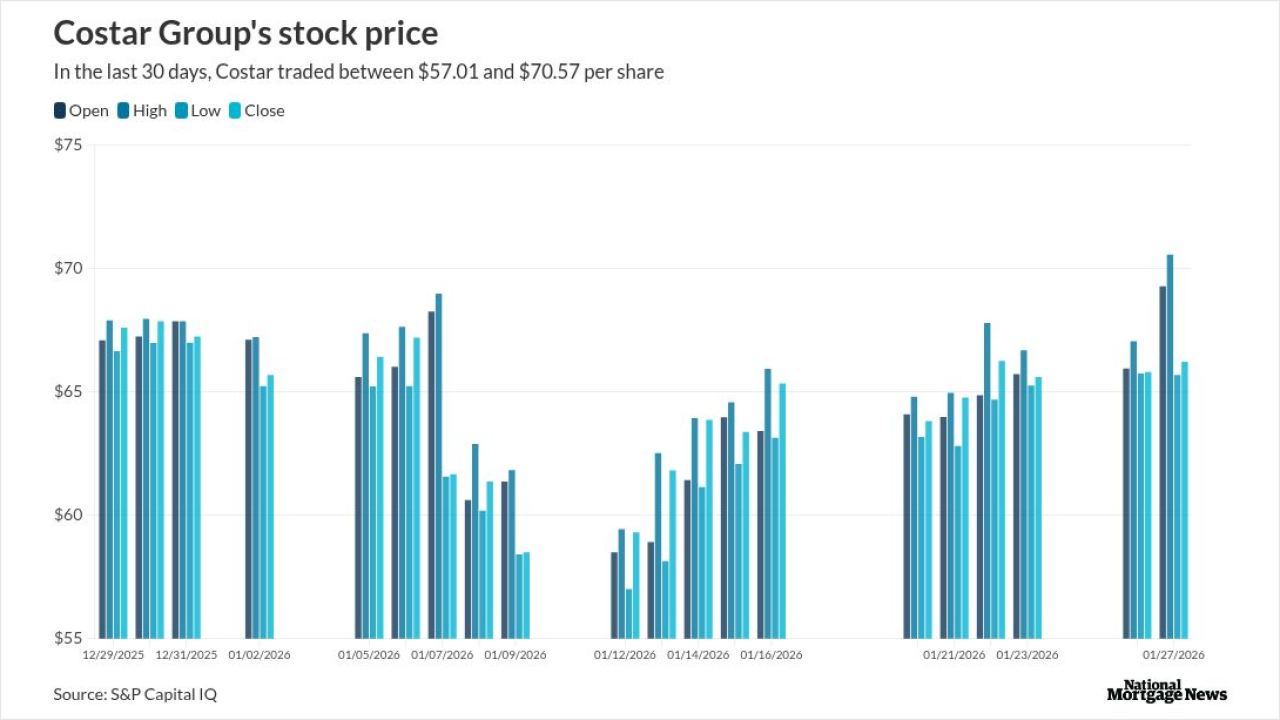A bipartisan bill introduced in the Senate Tuesday seeks to streamline two programs for first-time home buyers, which are administered on the state level.
Specifically, the bill, dubbed the Affordable Housing Bond Enhancement Act, could enact reforms to the
Mortgage revenue bonds, which are municipal bonds, are issued by housing finance agencies to fund loans for low-income or first-time home buyers, while a mortgage credit certificate program helps first-time borrowers offset a portion of what they owe in mortgage interest.
The legislation, sponsored by Cortez Masto, D-Nev. and Bill Cassidy, R-La., will make some "common sense changes" to both programs. One such change is allowing homeowners to refinance their loans into mortgage revenue bonds.
Another proposed revision includes increasing the amount of money borrowers with MRBs can direct towards home projects, such as safety and energy efficiency improvements, pushing the amount from $15,000 to $50,000.
In a statement, Stockton Williams, executive director of the National Council of State Housing Agencies, said the bill can
"Mortgage Revenue Bonds and Mortgage Credit Certificates historically have been the state housing finance agencies' primary tool for financing affordable homeownership opportunities for working families, having helped nearly four million home buyers combined," he said in a written statement. "This legislation will enact a series of simple, commonsense reforms to the MRB and MCC programs that will allow HFAs to better stretch their resources and help more underserved households."
If it goes into effect, the bill will require issuers, not lenders, to report MCC recipients to the IRS for tax accuracy and to shorten the lengthy 90-day public notice requirement to 30 days, which the lawmakers hope will "encourage more widespread use of the MCC program."
They also want to give HFAs flexibility to extend loan and credit periods to account for delays due to the pandemic, supply chain issues or construction shortages.
"... I'm fighting to help families afford a home through federal tax investments that provide lower interest rates and annual tax credits that help families with their mortgage," Masto said in a written statement. "My bipartisan bill will help more Nevadans be able to own and improve their homes, and I won't stop working to lower housing costs in Nevada and across the states."
The bill is endorsed by the National Council of State Housing Agencies, Mortgage Bankers Association, National Association of Realtors and the National Association of Homebuilders.




